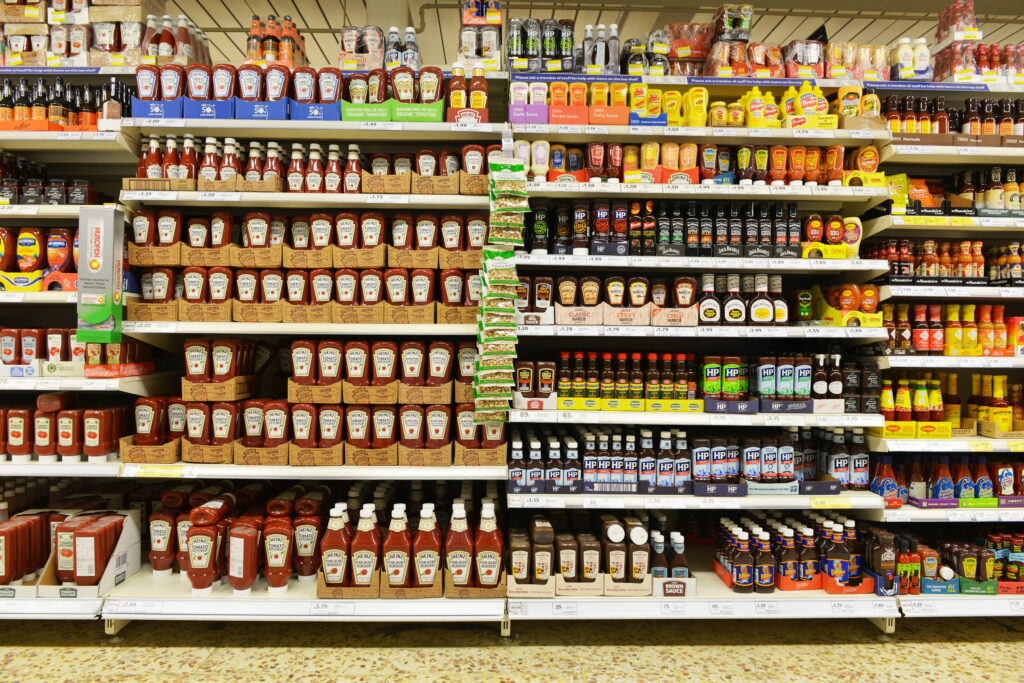Were frequently asked by consumers and professionals to explain, why GreedeBag has chosen to produce bags to EN13432 and not chosen the Oxo-degradable route.

There is no doubt that olefin plastics like polyethylene oxidise and then fragment; presumably they ultimately biodegrade given time. How much time? Well we know this is greater than tens of years; a very long time.
To speed-up this process, Oxo-degradable bags have the metal complex additive which undoubtedly accelerates degradation of the material but still not within viable timeframe for the waste applications. Incidentally, normal polyethylene would also degrade in the same way if the stabilising additives which prevent it doing so were removed.
Claims that bags made from Oxo-degradable material 100% biodegrade within the promised time frames are far from scientifically proven.
There are also claims made by the Oxo-degradable manufacturers of a dial a degradation time which we believe are simply not credible and need to be truly independently verified.
In our quest for the right product for the waste industry and the consumer, our search for independent verification of the performance of an Oxo-degradable bag ended pretty much where -nowhere? There is no independent, scientific verification of degrading time frames of Oxo-degradable. The same conclusion was the basis of a report by Defra.
Standards and testing
So what of standards and testing? There are the usual arguments that EN13432 is designed for bioplastics to pass a composting test; this is a red herring along with the argument about a leaf not passing EN13432.
EN13432 was developed to align with commercial composting operations, in the real world, enabling the compostable material to be distinguished whilst also bringing about opportunities for extra, waste treatment solution or energy recovery routes.
Oxo-degradable bags do not pass EN13432 which means they cannot be composted and thereby by extrapolation cannot be anaerobically digested either.
The development of a test method for Oxo-degradable, for example BS8472, merely demonstrates that the material breaks down – fragments under extremes of temperature (500 C) and daylight.
Again, so does normal polyethylene if the stabilising additives (which prevent it degrading) were removed. Also, the Standard ASTM D-6954-04 is not a norm and does not specify degradation rates? This is merely a guide on how to test the degradation of plastics by means of thermal or photo-oxidation, according to the OFT.
On the subject of temperature, the proponents and manufacturers of Oxo-degradable also extrapolate their high temperature initiation test to ambient by claiming that scientifically it can be from 500 C to 15-200 C. Independent scientific experts say this cannot be done.
It is well known that chemical reactions are faster at higher temperatures but in many cases there is a requirement for an initiation temperature and therefore at ambient the reactions are either very slow or non-existent.
The leaf argument
Back to the leaf argument, this can be viewed as irrelevant, but to make the point anyway, many natural materials containing lignin like substances take an eternity to compost; so again, in the real world, we dont think too many people complain about leaf litter but we surely can not have plastic bag litter lying around waiting for it to biodegrade!
Touching on renewable, even if Oxo-degradable materials do, as they claim, degrade or fragment within the timescales, what is the point; if they biodegrade then they produce fossil CO2. Where is the renewability in this?
Recycling is a particular area of interest to Greede Co. and there are serious concerns of potential problems of Oxo-degradable products finding their way into the plastics recycling chains. This is supported by a recycling trade body, at European level, where members have been advised to identify and keep Oxo-degradable materials out of recycling operations.
Food waste recycling is another key area of interest to Greede Co. EN13432 bags now have a distinct alignment with food waste collection and treatment through AD and composting. Oxo-degradable bags will not pass through AD and there are questions regarding the long term affects of Oxo-degradable material in compost at industrial quantities.
Greede Co. is of the view that it is highly doubtful the claims made meet the reality; theres no independent evidence. The EN13432 compostable bag is an opportunity for some commonality and with clear, simple message to encourage, inform and enable consumers to use compostable bags.
Another common sense development is Carbon14: when it comes to converting mixed waste streams into energy it can be difficult to determine how much of this energy [from waste] is from a renewable source.
Carbon dating
Carbon dating of materials to determine the proportion of energy that can be recovered from waste that is renewable is now here.
Carbon 14 is the latest step forward in determining and accounting for the amount of
renewable carbon v- fossil carbon thats present in materials (bags and packaging for example).
Thanks to very erudite, common sense people at the NNFCC – the UK’s National Centre for Biorenewable Energy, Fuels and Materials, the British electricity and gas market regulator, OFGEM, has approved the use of this Carbon 14 technology for EfW installations so they can benefit from Renewable Obligation Certificates (ROCs).
At the moment, oxo-biodegradable bags and other products are fossil/petro based ie: non- renewable. (renewable PE is available in very small supply and is too expensive for bags) which we consider another distinct difference that further aligns EN13432 with the waste industry.








Subscribe for free